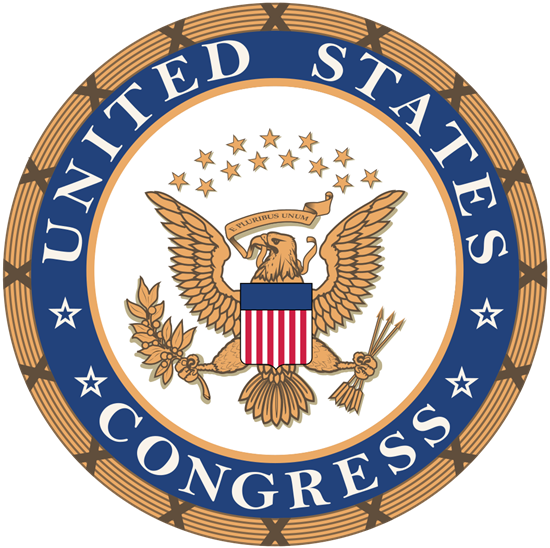Press Releases
Lawmakers Introduces Legislation to Expand Nation’s Diagnostic Testing Capabilities
Washington,
March 5, 2020
Tags:
Healthcare
The Verifying Accurate, Leading-edge IVCT Development, or VALID, Act – would create a new product category for diagnostic and lab tests, putting their review and approval under the guise of the FDA going forward. DeGette and Bucshon’s legislation would, among other things, overhaul how the FDA reviews and approves diagnostic tests going forward, including making permanent the Administration’s decision to give laboratories greater flexibility to respond to public health emergencies while continuing to keep patients safe. “What we have learned over the years in successfully combatting the spread of viruses, such as MERS, SARS and Ebola, is that time is of the essence,” DeGette said. “Ensuring that our hospitals and laboratories across the country have the tools they need to quickly and accurately diagnosis patients is essential to help prevent the spread of these viruses throughout our communities. This legislation will overhaul the federal government’s outdated system that is slowing down our ability to respond to these threats – and it will ensure that hospitals around the country are able to begin testing patients for these potentially deadly viruses as soon as possible.” “Advanced diagnostics are transforming the way we provide care for patients in the 21st century. The VALID Act establishes a risk based regulatory framework that allows for leading edge development and innovation to thrive, while assuring doctors and patients that their test results are analytically and clinically valid. This will ensure that patients receive the most appropriate medical advice or treatment. With the help of the VALID Act, the future of precision medicine will enable physicians to provide more individualized patient care to discover, cure, and treat diseases that were previously unknown and untreatable.” – Dr. Larry Bucshon The VALID Act would also create an entirely new system for hospitals and labs to use to submit their tests electronically to the FDA for approval, a move designed to dramatically speed up the amount of time it takes for the agency to approve such tests – while, at the same time, increasing their quality and reliability. And it would establish a program to expedite the development of new diagnostic tests that can be used to address a current unmet need for patients. Public health officials have long called for greater oversight of diagnostic testing, especially in the face of several high-profile scandals involving companies such as Theranos. Health care providers and patients routinely use, and increasingly rely on, diagnostic tests to make difficult decisions about the best course of care and treatment. This new legislation is designed to increase the reliability of those tests by giving the FDA the additional tools it needs to properly oversee the marketplace. To ensure the legislation in no way interferes with patients’ ability to receive testing that’s already proven to provide reliable results, the legislation would grandfather in any current diagnostic test that’s already being used by health care professionals. The legislation has bipartisan support in both chambers of Congress. In addition to the legislation DeGette and Bucshon introduced in the House, an identical version of the bill – sponsored by U.S. Sens. Michael Bennet (D-CO) and Richard Burr (R-NC) – was also introduced today in the Senate. Summary of the Verifying Accurate, Leading-edge IVCT Development (VALID) Act: The legislation would establish a risk-based approach to IVCT regulation, prioritizing FDA resources for the highest-risk tests that expose patients to serious or irreversible harm. The legislation also would establish a technology citification program to certify technology for lower-risk tests that are not otherwise required to go through premarket review. High-risk tests, such as novel tests, would be required to undergo premarket review to verify analytical and clinical validity. FDA could require that any test undergo premarket review after providing the developer an opportunity to address issues identified by the agency. A copy of the legislation DeGette and others introduced today is available here. |


